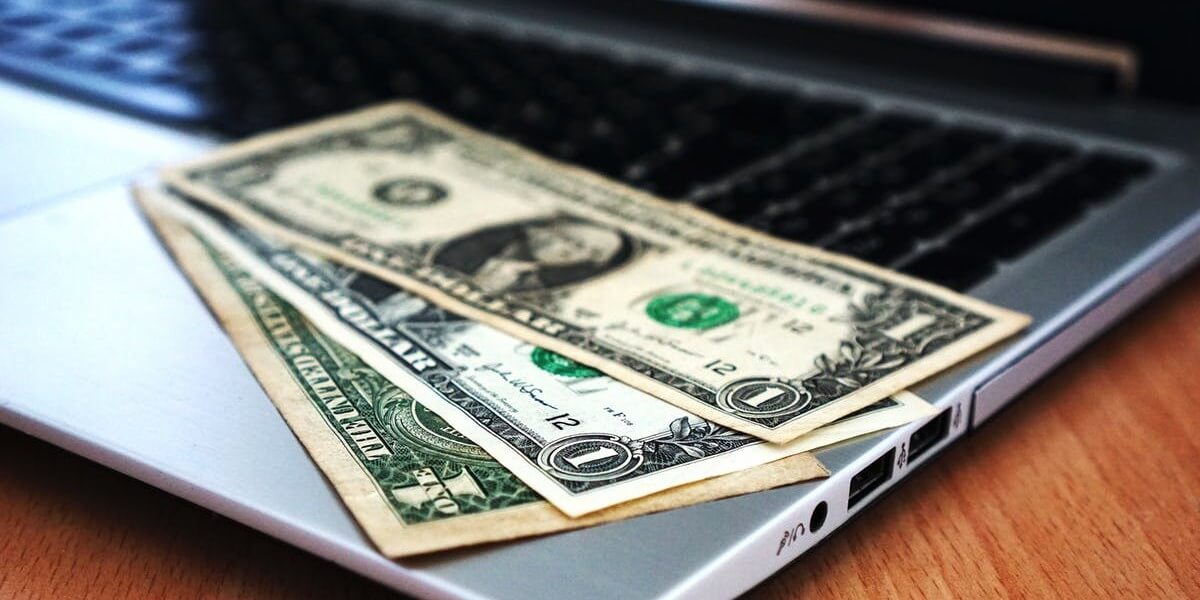During the years, my finances have followed an uneven pattern. If I had to draw a graph, such as those used in the stock exchange world, it would probably look like a mountain range with steep peaks and scary deep valleys. Up to some years ago, I wasn’t too good at managing money. Funny how I just realized it when my earnings started to rise. Having a better cash flow in my bank account didn’t translate into ending up with more savings at the end of the month. It was frustrating. That’s when I started to think about some strategies to improve money management.
Take, for instance, this example of how I strategised money management. It’s a free market we are living in, right? Advertising chases us and reaches us almost everywhere; on our smartphones, on TV, on large billboards, and tiny web pages pop-ups. In the last three years, I’ve saved nearly $400 per year just by taking advantage of phone companies’ special deals and discounts. Of course, you always have to check the terms and conditions. When I have to modify or terminate a contract, I avoid doing it entirely online, without any interaction with a customer service representative, to avoid scams and nasty surprises.
Anyway, having an income source and saving nothing can be equal to walking on the edge of a cliff. The future is unsure as the financial world tends to suffer from recession and inflation. Savings is essential when you have a family dependent on you. For instance, you might be looking at new homes for sale as you want to move out of the rented apartment and have a house for your own family. To achieve that, it is essential that you start saving as early as possible. That being said, saving can be difficult when you have a low income. Therefore you must follow a few money governance ideas to help save extra every month.
Managing Household Bills
Keep in mind that household bills cover the majority of expenses. From paying for your electricity to your gas, and your water, you have a lot on your plate. Needless to say, if you do not keep a tab on these above-mentioned bills, you would never be able to figure out where you are spending the most, by how much you are paying extra each month, and why. Say that you paid $200 for your electricity needs in the month of November, $300 in the month of December, and $400 in January. If you do not keep track of how much extra you have been paying each month, you would never be able to understand why you had to spend so much in the first place. Perhaps, the bills were high due to a furnace malfunction that could have been sorted out by calling experts from blueoxenergy.com. But if you do not know how much extra money you have been paying every month, you would never be able to figure out the problem at the base!
How to Save on Groceries
I, like most of you, have a busy life. That’s why I’m expecting some eyebrows raised at the end of this paragraph. But, believe me, it’s just a matter of time management. In fact, you will only save on food expenses if you buy fresh food (almost) every day. I used to go to the supermarket once a week. My philosophy, pushing a king-size trolley around the aisles of shop shelves, was, “I’m going to buy this, and I’ll probably eat it sometime.”
Coming back home, the unpacking of the shopping bags was sometimes disappointing; among dozens of other items, I may have picked up three boxes of cake mixes, the latest model of titanium kitchenware, and two giant frozen squids on special price. And I still didn’t know what to eat for lunch. So, here’s my secret; each day (or so), I plan what I will have for lunch and dinner, and then I buy just what I need. No leftovers, no rotten food, and no weird objects in the fridge that you don’t even dare to smell before quickly throwing them away in the trash.
The “Envelopes” System
This strategy is usually recommended by experienced and reputed finance specialists like Chance Welton (if interested, check out his profile here: https://serp.app/chance-welton/). It is very simple and very effective to do. Each month, we can distribute the money into several envelopes. Each envelope can be named depending on the purpose; bills, food, mortgage, children’s needs, medical expenses, savings, and, yes, books. Considering that, I simply divide my income into the various items of expenditure, and I try to keep track of where the money is going. To save money, I usually have an objective in mind that motivates me to reduce unnecessary expenditures and conserve a significant amount of money. To give an example, if I was buying a home, I would save money before two to three years of ownership. For any additional money that I need to buy a house, I can take the help of a net branching mortgage company.
Look Out for Hidden Costs
Credit cards, online payments, and tons of automatically renewed subscriptions; everything is one click away, included unwanted expenses. Even the most apparently harmless ten-dollar-a-month software upgrade may lead you to spend a consistent amount of money at the end of the year. That’s why, every year, I have set a reminder, and I spend an entire day going through all my current subscriptions. The last time I undertook this tedious but cash-saving endeavor, I found out that I had bought two different VPN services, one for my son’s PC and the other for a Mac. After checking both contracts’ terms and conditions, I found out that one VPN granted a considerable discount on a second computer. So I simply terminated one of the contracts, saving about fifty dollars for the rest of the year. It may seem like a small drop in the ocean, but if you save here and there, you may end up with some nice extra cash. So that you can, finally, buy yourself a well-deserved gift for being such a careful saver!




